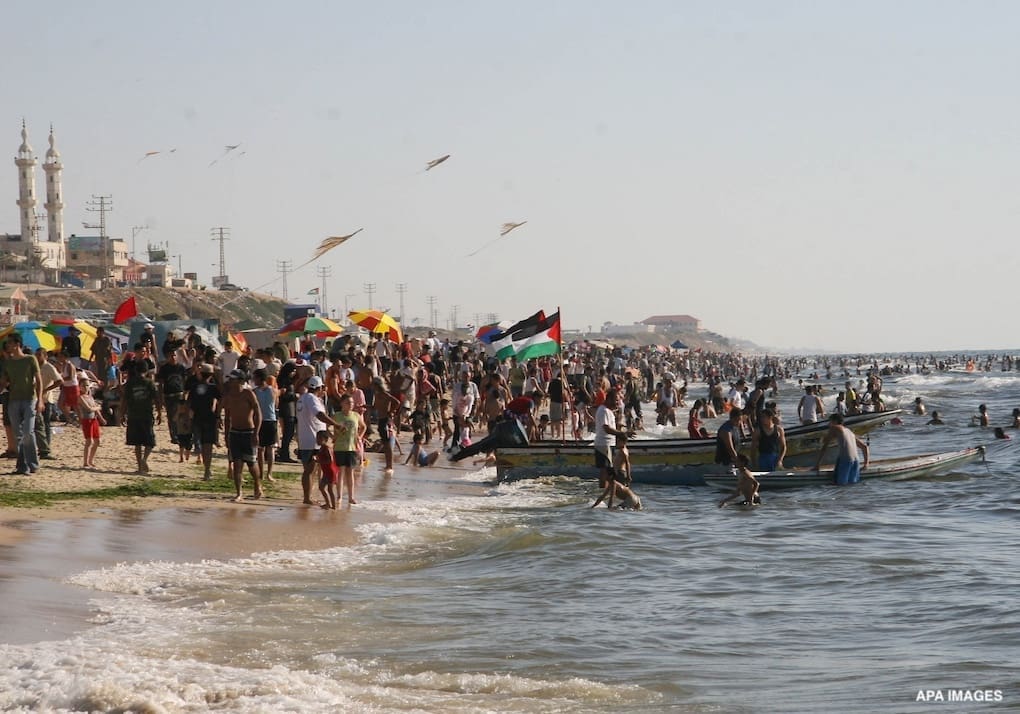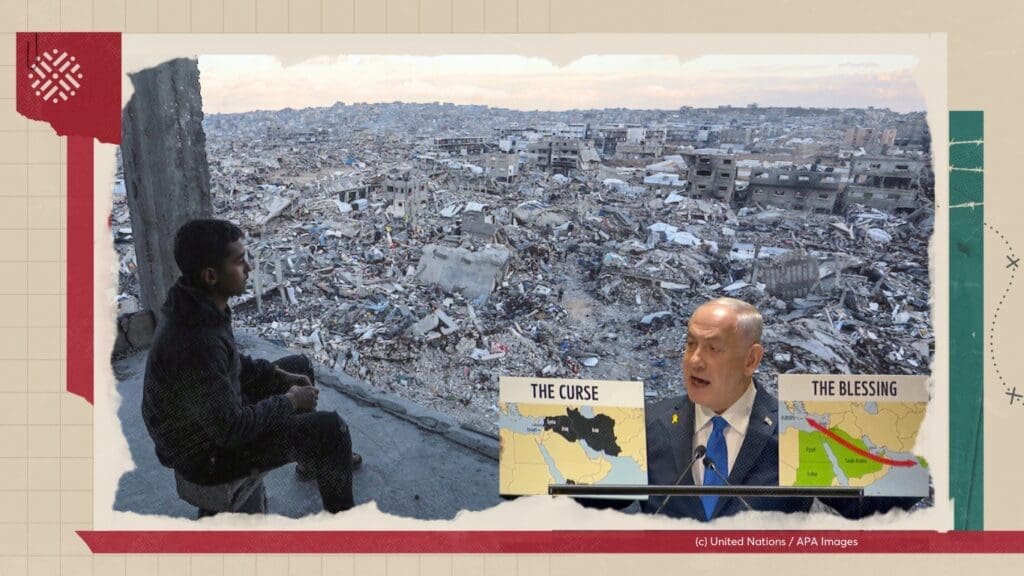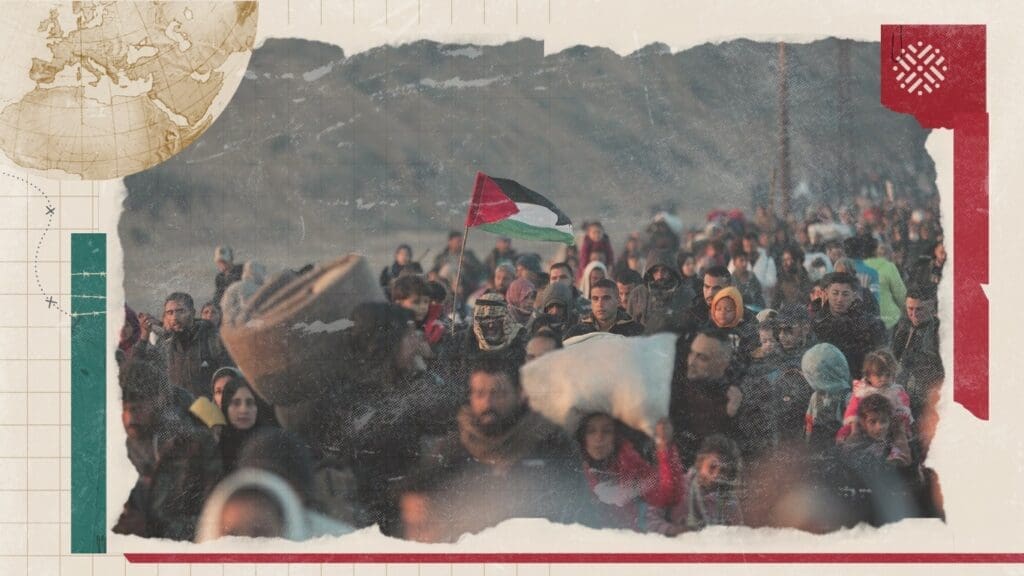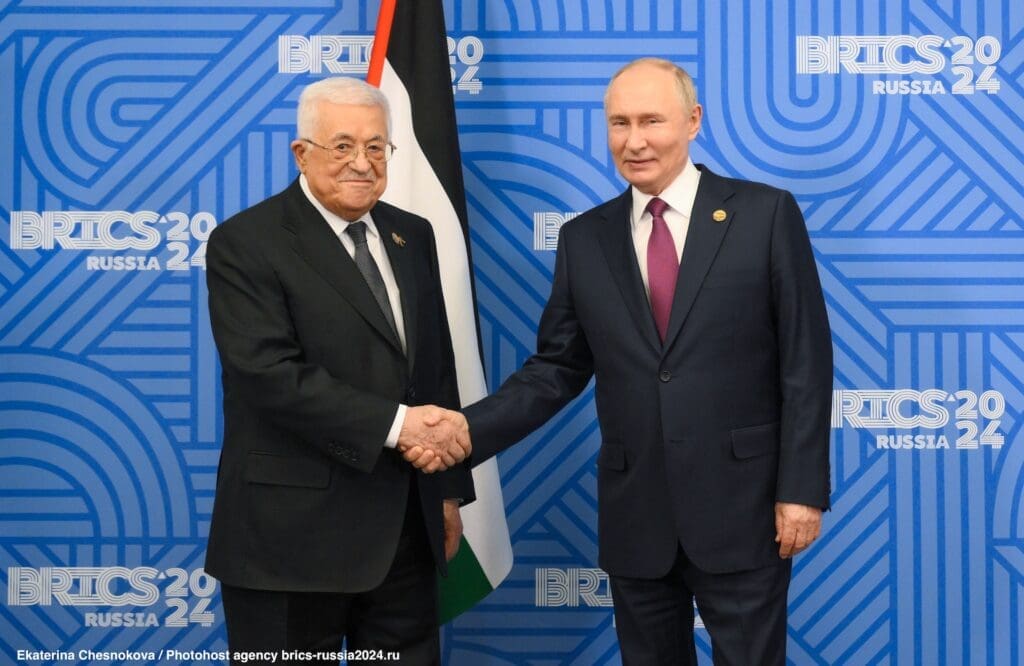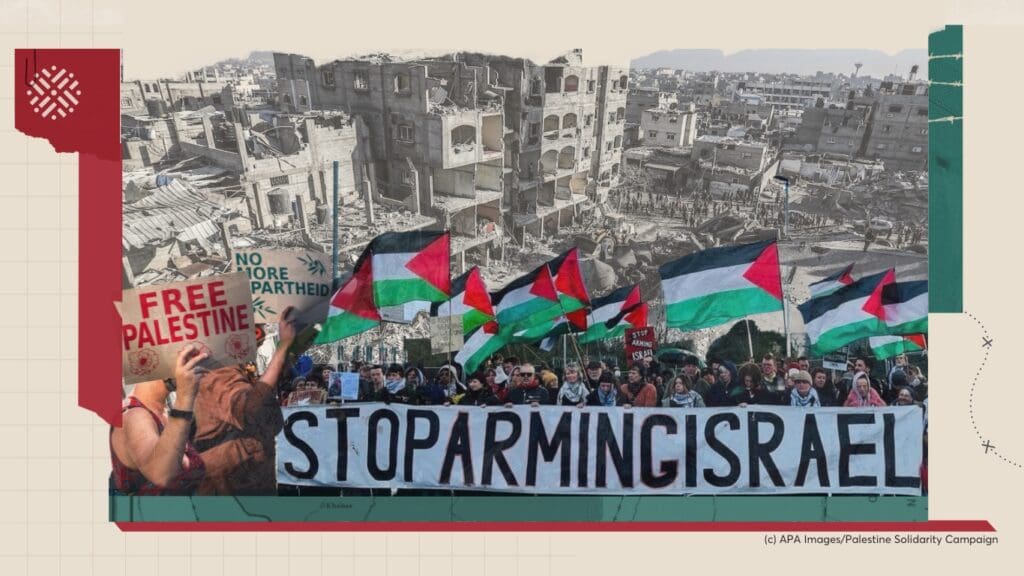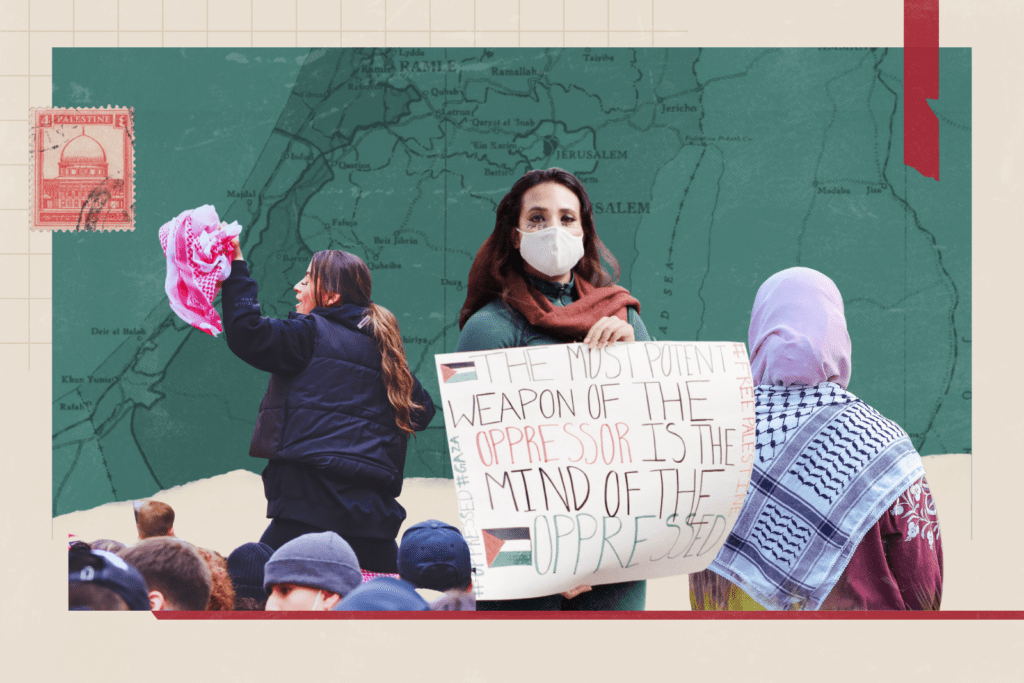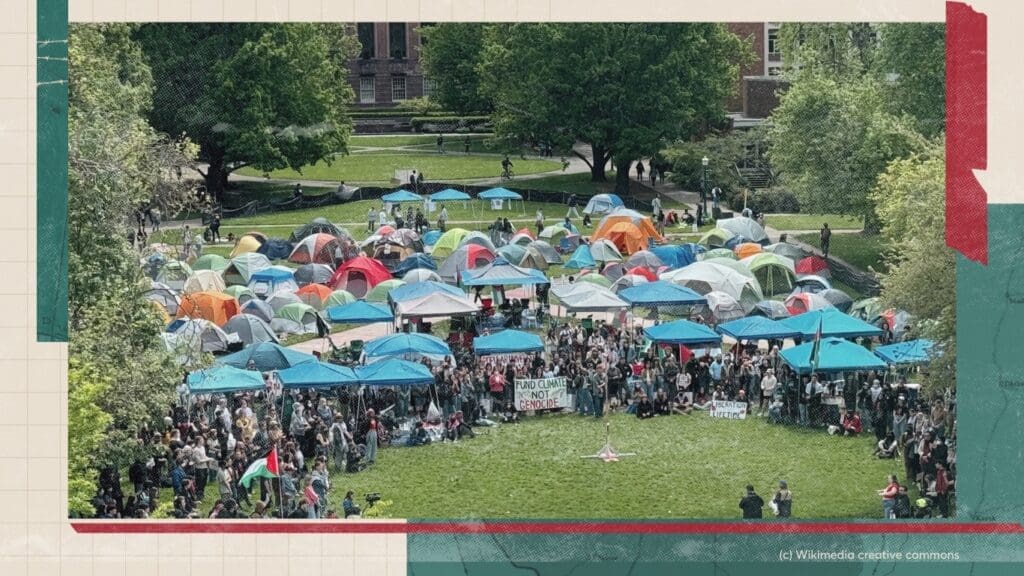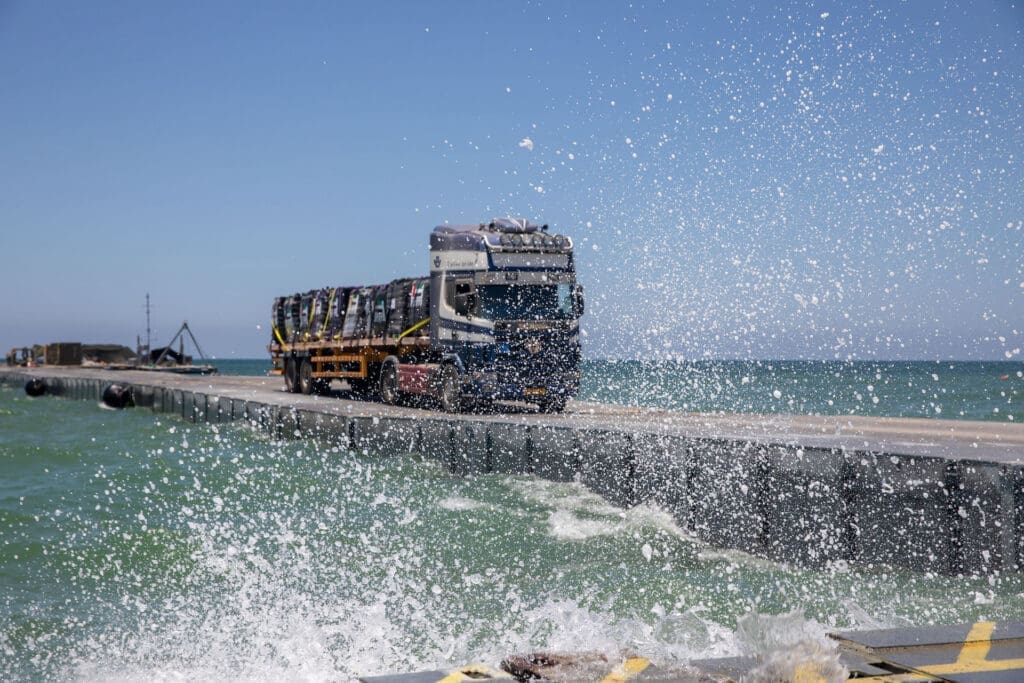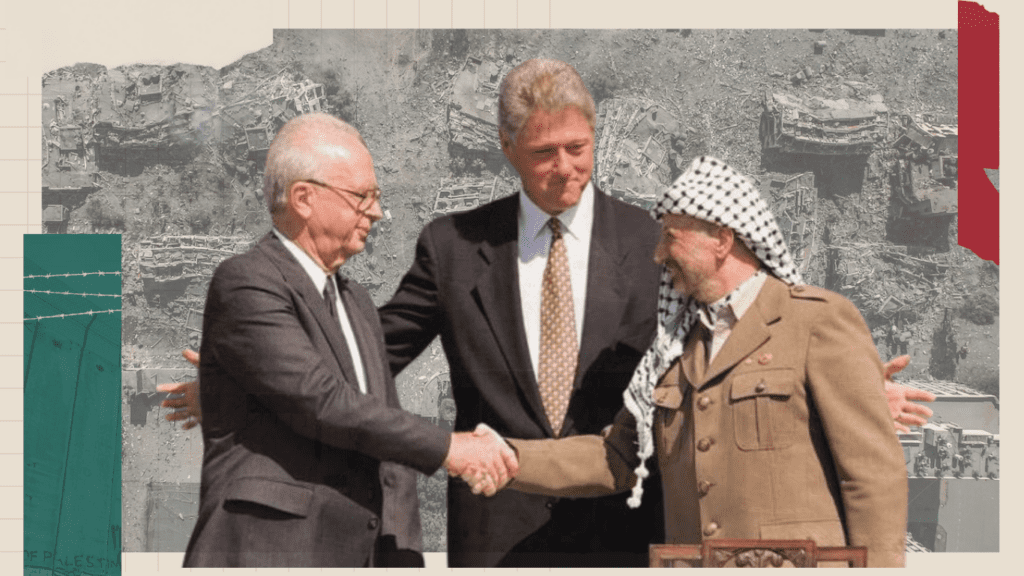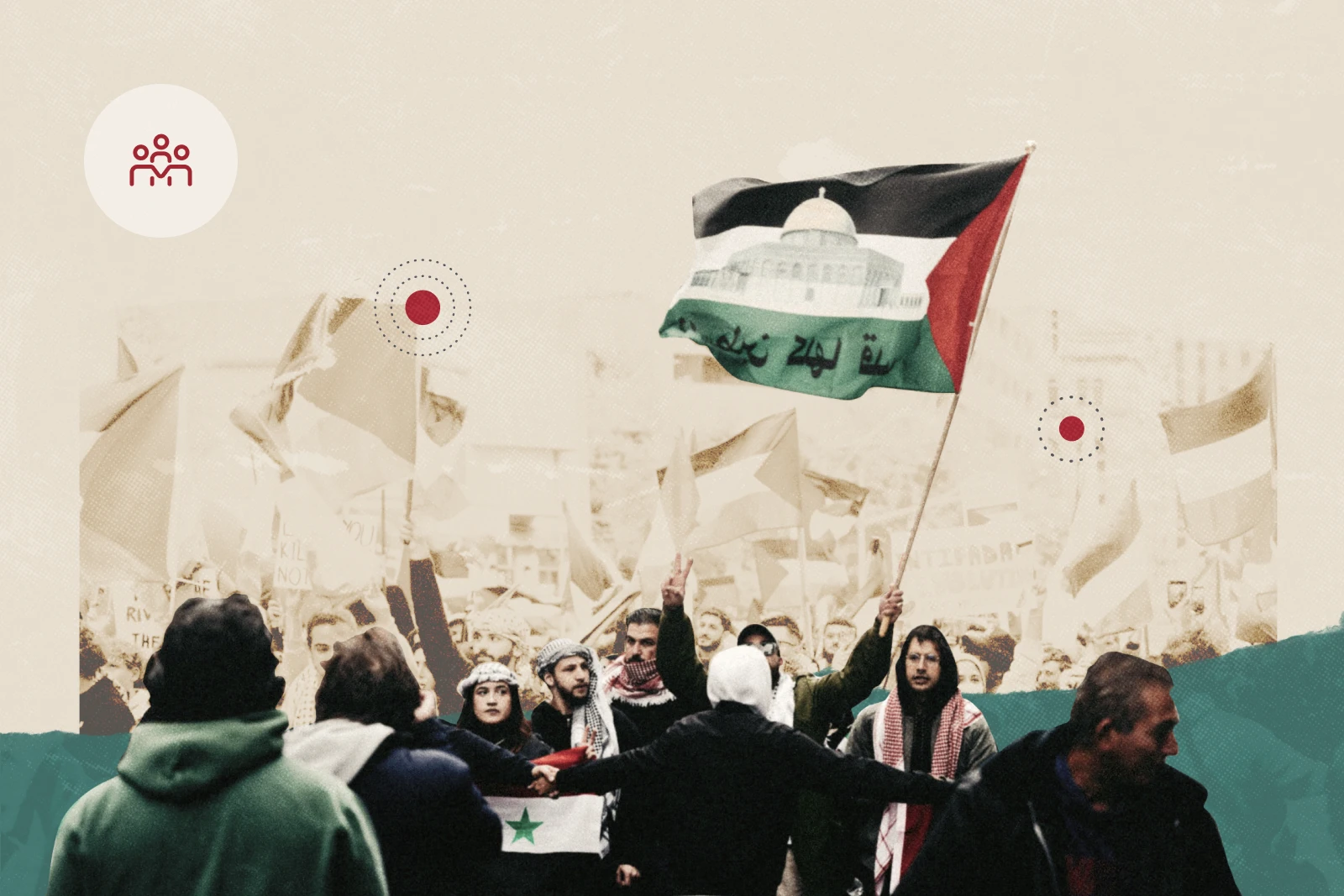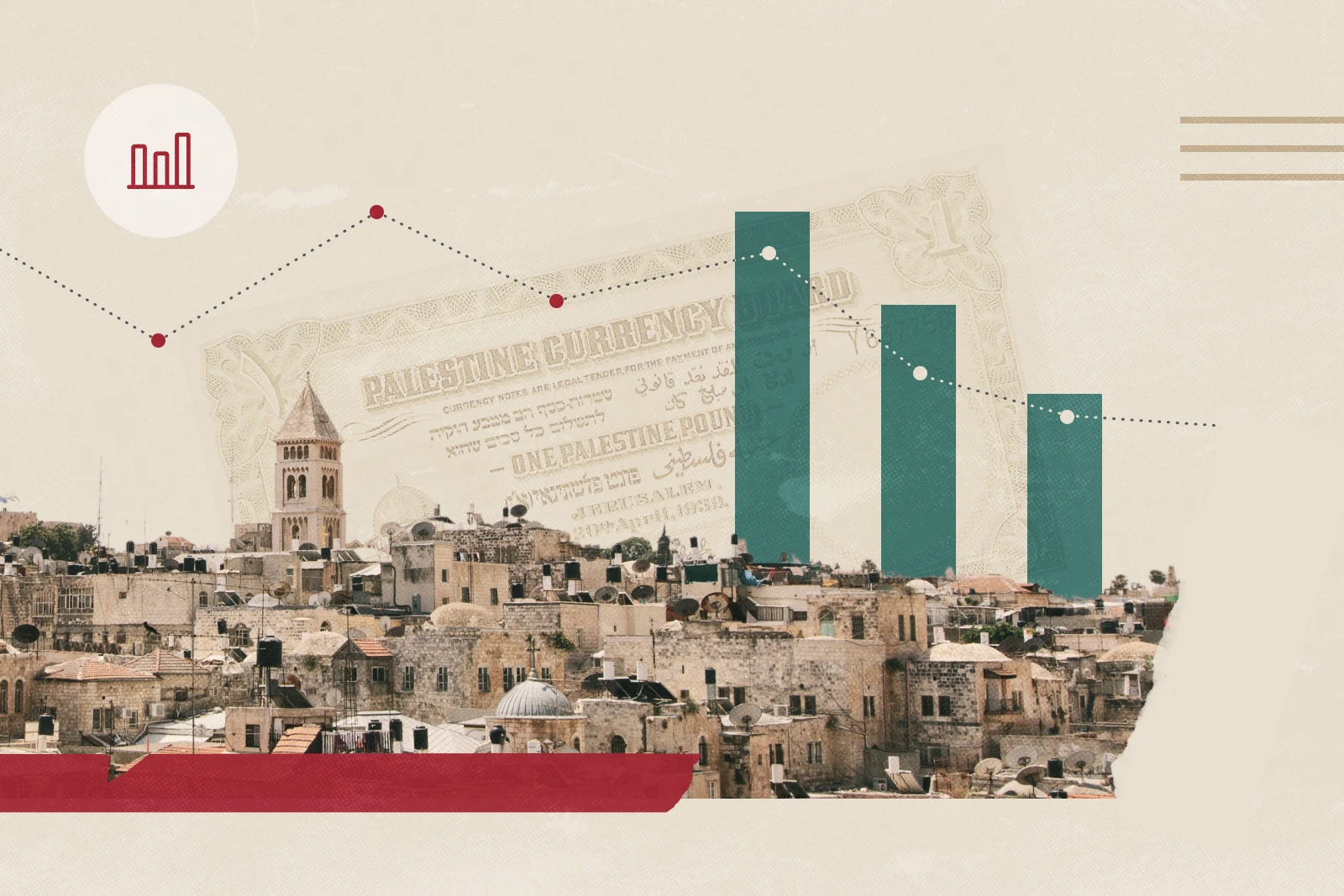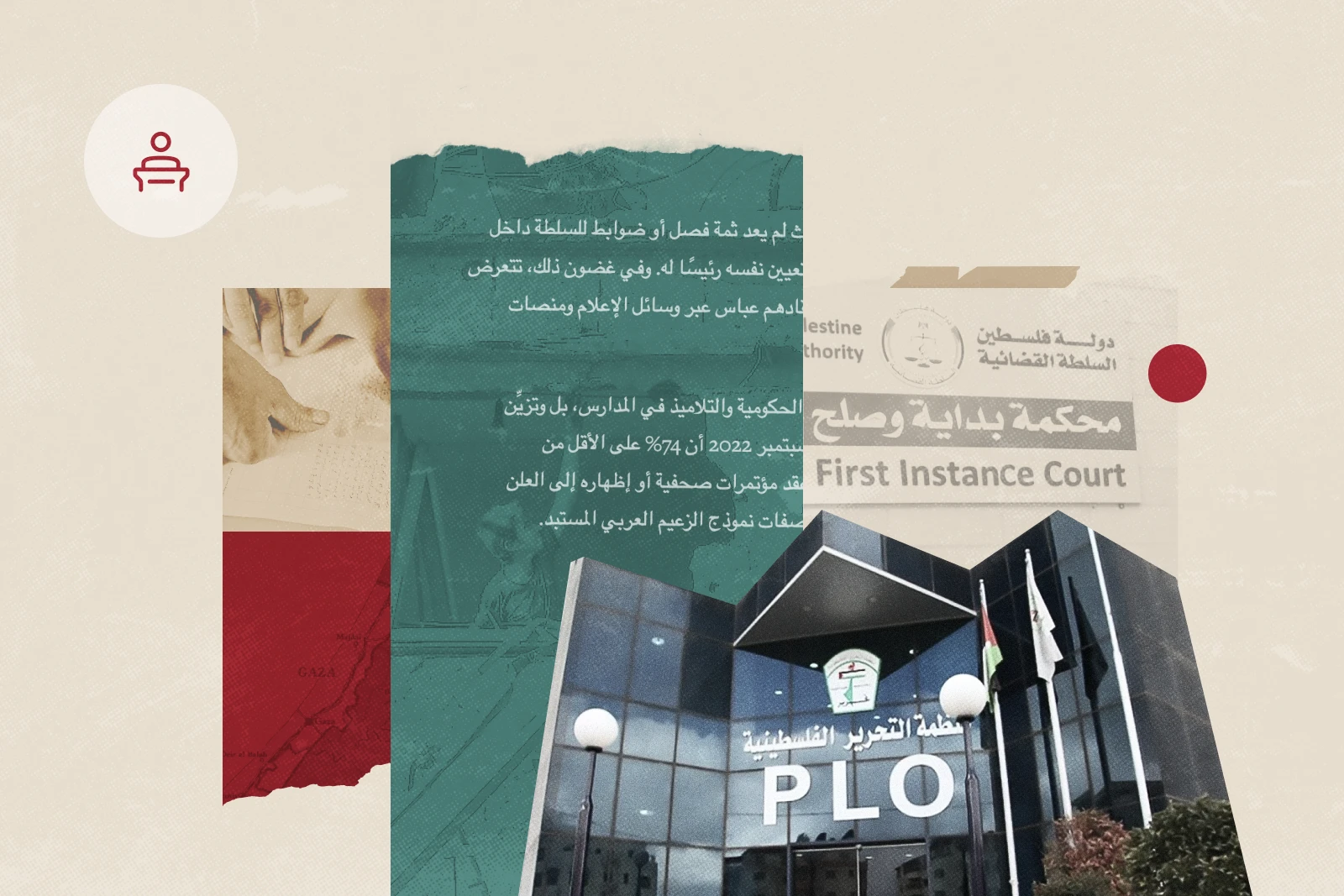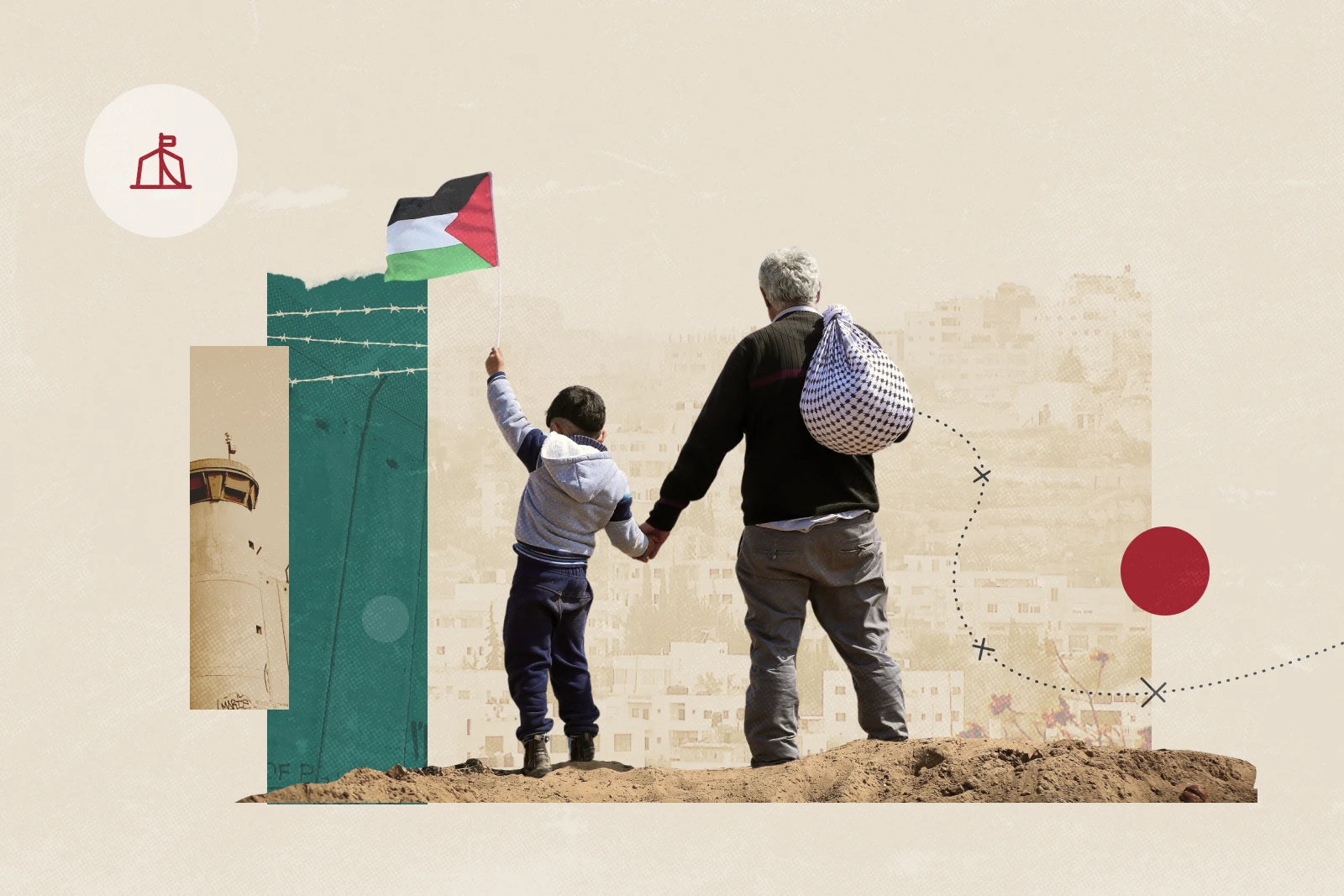typeCommentaries
The global reckoning that followed October 7, 2023, marked a profound rupture in how Palestine is understood worldwide. The Gaza genocide exposed how Israeli mass violence is not exceptional or reactive, but foundational to the Zionist project. What was once framed as a “conflict” to be managed is now widely recognized as a system of domination to be dismantled. It ushered in a shift away from the technocratic language of peace processes and toward an honest confrontation with the structural realities Palestinians have long named: settler colonialism, apartheid, and the ongoing Nakba.
The commentary argues that the Israeli genocidal campaign in Gaza has radicalized the world. When crowds march through global capitals demanding a free Palestine, they simultaneously articulate demands for the abolition of racial capitalism, extractive regimes, climate injustice, and all forms of contemporary fascism. In this moment of radical clarity, Palestine becomes a lens through which the underlying architecture of global domination is laid bare—and through which new horizons of collective freedom emerge.

Tareq Baconi· Dec 21, 2025
The erasure of Indigenous populations lies at the core of settler-colonial narratives. These narratives aim to deny existing geographies, communities, and histories to justify the displacement and replacement of one people by another. The Zionist project is no exception. Among Zionism’s founding myths is the claim that it “made the desert bloom” and that Tel Aviv, its crown jewel, arose from barren sand dunes—an uninhabitable void transformed by pioneering settlers. This framing obscures the fact that the colonial regime initially built Tel Aviv on the outskirts of Yaffa (Jaffa), a thriving Palestinian city with a rich cultural life and a booming orange trade. The “dunes” description projects emptiness and conceals the vibrant agricultural and social life that flourished in the area. By casting the land as uninhabitable until redeemed by settlers, this narrative helped justify dispossession and colonial expansion. This process intensified after 1948, when Tel Aviv absorbed the lands of ethnically cleansed Palestinian villages, including al-Sumayil, Salame, Shaykh Muwannis, and Abu Kabir, and ultimately extended into the city of Yaffa.
This same settler-colonial discourse drives the ongoing genocidal war on Gaza, where destruction is reframed through the narrative of “uninhabitability.” Gaza is increasingly depicted as a lifeless ruin—a framing that is far from neutral. This commentary contends that “uninhabitable” is a politically charged term that masks culpability, reproduces colonial erasure, and shapes policy and public perception in ways that profoundly affect Palestinian lives and futures. It examines the origins, function, and implications of this discourse within the logic of settler colonialism, calling for a radical shift in language from narratives that obscure violence to those affirming Palestinian presence, history, and sovereignty.
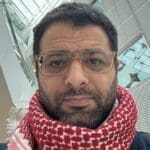
Abdalrahman Kittana· Aug 27, 2025
The October 7, 2023, Al-Aqsa Flood operation aimed to revive Palestinian armed resistance and reassert the cause in Arab and global consciousness after years of marginalization. It dealt a major blow to Israel’s deterrence, rupturing its image as a secure colonial outpost entrusted with protecting Western strategic interests. It also exposed cracks in its militarized social contract that rests on the regime’s ability to protect its settler population. While the operation imposed new political realities on the Israeli regime, it has come at a staggering cost to Palestinian life: Israel’s genocidal assault on Gaza has unleashed one of the worst humanitarian crises in recent memory.
Yet the anticipated wave of Arab solidarity following the operation failed to materialize or translate into concrete policy shifts. Instead, the moment laid bare the entrenched ties between Arab regimes and Israel’s settler-colonial project that are rooted in mutual interests, regime preservation, and a shared antagonism toward Palestinian resistance. This commentary argues that these alliances—sustained by repression and strategic-economic cooperation and reinforced by Western complicity—transformed a potential turning point for isolating the Israeli regime into an opening for intensified colonial expansion and regional dominance.

Tariq Dana· Jul 22, 2025
On Thursday, June 19, 2025, Israeli Prime Minister Benjamin Netanyahu stood in front of the aftermath of an Iranian strike near Bir al-Saba’ and told journalists: “It really reminds me of the British people during the Blitz. We are going through a Blitz.” The Blitz refers to the sustained bombing campaign carried out by Nazi Germany against the UK, particularly London, between September 1940 and May 1941. With this dramatic comparison, Netanyahu sought to elicit Western sympathy and secure unconditional support for his government’s latest act of military escalation and violation of international law: the unprovoked bombing of Iran. This rhetorical move is far from new; it has become an enduring trope in Israeli political discourse—one that casts Israel as the perennial victim and frames its opponents as modern-day Nazis.
Netanyahu has long harbored ambitions of striking Iran with direct US support, but timing has always been central. This moment, then, should not be viewed merely as opportunistic aggression, but as part of a broader, calculated strategy. His actions are shaped by a convergence of unprecedented impunity, shifting regional dynamics, and deepening domestic political fragility. This commentary examines the latest escalation in that context and discusses the broader political forces driving it.

Yara Hawari· Jun 26, 2025
After more than a year and a half of Israel’s genocidal assault—marked by mass killings, devastation, and profound loss—even speaking of Gaza’s future, let alone its reconstruction, feels impossible. Indeed, the rebuilding of Gaza feels increasingly out of reach amid stalled negotiations, the collapse of the ceasefire agreement, and the relentless bombardment of people and place. Yet in the face of genocide and the looming threat of forced displacement, which the US administration is audaciously promoting as a fait accompli, there is an urgent need to cultivate a critical Palestinian political voice to reclaim Gaza’s future.
As non-Palestinian actors push to impose their vision of the “day after,” this commentary by Talal Abu Rokbeh, Mohammed Al-Hafi, and Alaa Tartir argues for centering a Palestinian vision rooted in unity and self-determination. They emphasize that political reconstruction, not just physical rebuilding, is essential for collective survival and national liberation.
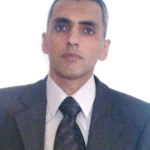


This commentary examines the evolving ties between MENA countries and BRICS, focusing on the prospective Palestinian membership in the bloc and the group’s rationale for extending the invitation. It argues that BRICS membership can reconfigure the discussion around Palestinian sovereignty beyond the bounds of US alignment with Israeli policies. As the commentary details, BRICS membership could also greatly benefit the Palestinian economy by bolstering cooperation among members in areas driving economic development, including the energy and logistics sectors and artificial intelligence.

Ahmed Alqarout· Mar 11, 2025
Al-Shabaka Board President Tareq Baconi reflects on over 12 months of genocide in Gaza and discusses its ramifications on the Palestinian liberation movement, the region, and beyond. In doing so, he highlights the façade of the international rules-based order and centers the growing power of the global majority.

Tareq Baconi· Dec 17, 2024
After a year of enduring relentless violence and devastation, Palestinians stand at a pivotal moment. In this commentary, Yara Hawari reflects on the immense losses for the Palestinian people since October 2023 and the emerging opportunities to work towards a future free of settler colonial oppression. Hawari argues that now is the time for the movement to shift from a reactive stance to one that defines its own priorities. As part of this transition, she outlines three necessary steps: moving beyond a reliance on international law, deepening connections in the Global South, and dedicating resources to exploring radical visions of a liberated future.

Yara Hawari· Oct 22, 2024
In this commentary, Samer Alatout offers key insights into this new wave of student mobilization. He details student demands and places them within the historical legacy of US student organizing. He also examines the relationship between university administrators, students, and faculty, and finds hope in the kinship emerging between the latter two groups at this critical moment.

Samer Alatout· Jul 14, 2024
On May 17, 2024, the US began operating a temporary floating pier off the coast of Gaza. Since the project’s announcement, many have expressed skepticism towards the pier’s effectiveness and deep concern regarding the US’s long-term plans and the pier’s potential role in serving Israeli objectives.
This commentary examines the pier’s operations and unpacks the many incentives for its development by key geopolitical players. It positions the pier within Israel’s longer-term strategy for Palestine, using the structure as a window into understanding the regime’s broader regional aims. Temporary or not, this commentary contends that the pier must not be viewed as merely a short-term humanitarian effort, but also as a symbol of the US and Israel’s continued imperial and colonial endeavors.

Mohammed Al-Hafi· Jun 26, 2024
Since the beginning of the Zionist project in Palestine, large efforts have been exerted to paint all resistance to its colonial endeavors as irrational and at odds with progress and modernity. This deliberately manufactured dichotomy between the prosperous and civilized Settler and the regressive and rejectionist Arab standing in the way of progress set the tone for developments between Palestinians and Zionist settlers for decades to come. In this commentary, Al-Shabaka analyst Fathi Nimer explores the nascence of this trope, unpacking its weaponization to deny Palestinians their fundamental rights and demonize their collective aspirations for sovereignty.

Fathi Nimer· Jun 4, 2024
Media & Outreach
Talal Abu Rokbeh told The New Arab that Israel’s war has severely damaged Gaza’s social fabric and intensified divisions. "Displacement was the primary goal of Israel, and this has impacted the population, social relationships and how people deal with one another."

Talal Ahmad Abu Rokbeh· Jan 20, 2026
After systematically dismantling Gaza's health system, Israel has trapped patients needing urgent treatment in a permit regime that delays, denies and restricts access to life-saving care
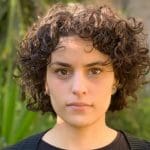
Ghada Majadli· Jan 19, 2026
Palestinian futures are being decided for them yet again as they are dispossessed by the new Trump Plan, argues Yara Hawari. When will Palestinians be free of repackaged colonialism?

Yara Hawari· Jan 6, 2026
We’re building a network for liberation.
As the only global Palestinian think tank, we’re working hard to respond to rapid developments affecting Palestinians, while remaining committed to shedding light on issues that may otherwise be overlooked.




